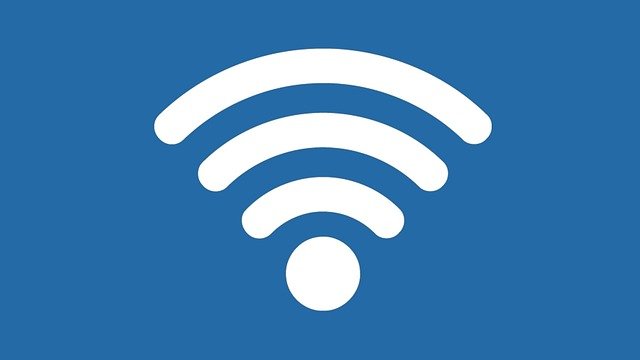The Silent Revolution: Introverts Redefining Success
In a world that often celebrates extroversion, a quiet revolution is unfolding. Introverts are reshaping societal norms, challenging traditional notions of success, and carving out spaces that honor their unique strengths. This shift is not just personal—it's transforming workplaces, relationships, and our understanding of leadership. Read below to explore how introverts are silently but powerfully changing the social landscape.

However, the tide is turning. Recent years have seen a surge in research and popular literature highlighting the strengths of introverts. Books like Susan Cain’s Quiet: The Power of Introverts in a World That Can’t Stop Talking have sparked a global conversation about introversion, challenging long-held assumptions and bringing to light the unique contributions introverts make to society.
The Neuroscience of Introversion
Understanding introversion goes beyond simple personality preferences—it’s rooted in neurobiology. Studies have shown that introverts and extroverts process stimuli differently at a neurological level. Introverts tend to have higher baseline cortical arousal, meaning they are more sensitive to external stimuli. This heightened sensitivity can lead to quicker overstimulation in social situations, explaining why introverts often need more downtime to recharge.
Research using brain imaging techniques has revealed that introverts show more activity in regions associated with internal processing, such as the frontal lobes. This increased internal focus contributes to their propensity for deep thinking, careful analysis, and creative problem-solving—qualities increasingly valued in our complex, information-rich world.
Redefining Workplace Dynamics
The traditional open-plan office, designed to foster collaboration and communication, has long been a challenge for introverts. However, as awareness of diverse working styles grows, companies are rethinking their approach to workspace design. Many organizations are now incorporating quiet zones, private work pods, and flexible work-from-home policies to accommodate the needs of introverted employees.
This shift isn’t just about comfort—it’s about productivity and innovation. Studies have shown that allowing introverts to work in environments suited to their preferences can lead to increased creativity, better problem-solving, and higher job satisfaction. As a result, forward-thinking companies are leveraging the strengths of both introverted and extroverted employees, creating a more balanced and effective workforce.
The Introvert’s Guide to Leadership
Traditionally, leadership has been associated with extroverted traits like charisma and assertiveness. However, research is revealing that introverted leaders can be equally, if not more, effective in certain contexts. Introverted leaders often excel in listening, thoughtful decision-making, and empowering their team members to take initiative.
A study by Adam Grant at the Wharton School found that introverted leaders can be particularly effective when managing proactive teams. Their tendency to listen and consider ideas carefully creates an environment where team members feel heard and valued, leading to increased engagement and innovation.
Social Media and the Introvert’s Paradox
The digital age has presented both challenges and opportunities for introverts. On one hand, social media platforms can feel overwhelming, with their constant stream of information and social interaction. On the other, these platforms allow introverts to engage on their own terms, curating their social experiences and expressing themselves in ways that might be challenging in face-to-face interactions.
This digital landscape has given rise to online communities where introverts can connect, share experiences, and advocate for their needs. These spaces are not just support groups—they’re incubators for ideas and movements that are reshaping societal expectations around social interaction and personal success.
The Future is Quiet: Embracing Introvert Strengths
As we move forward, the value of introversion in solving complex global challenges is becoming increasingly apparent. The deep thinking, careful analysis, and creativity that often characterize introverts are crucial in addressing issues like climate change, technological ethics, and social inequality.
Educational institutions are also beginning to recognize the importance of catering to different personality types. Schools are implementing teaching methods that balance group work with individual reflection time, ensuring that introverted students have the space to process information and contribute in ways that suit their learning style.
This quiet revolution is not about replacing extrovert-centric norms with introvert-centric ones. Rather, it’s about creating a society that recognizes and values the strengths of all personality types. As we continue to understand and appreciate the power of introversion, we’re moving towards a more inclusive, balanced, and innovative future—one thoughtful step at a time.






